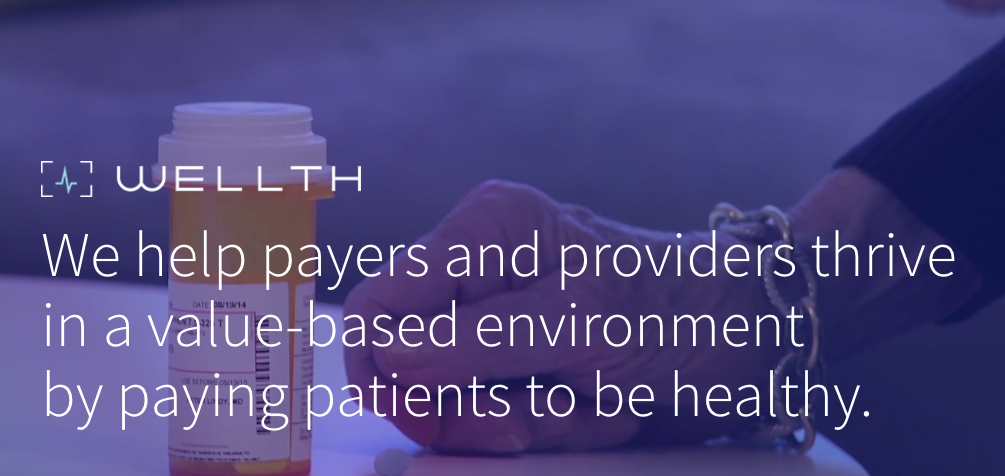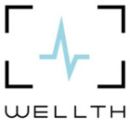NYC's booming health tech sector is well-positioned to tackle the unique challenges of the health insurance market thanks to its status as a major fintech hub.
Investment in insurance startups is particularly high at the moment, and a new school of New York companies are aiming to fundamentally change health insurance through more data-driven, user-friendly approaches.
Here are four NYC health tech firms focused on the changing world of insurance.

Zipari is a vertically integrated cloud company founded in 2014 and designed to streamline interactions between health insurance carriers and consumers. Its true goal, however, is to "build brand satisfaction similar to the retail industry," said CEO and founder Mark Nathan. "Insurance companies need to learn how to understand customers and respond similarly to other industries."
By centrally aggregating information and facilitating clear, consistent communication, SaaS firms such as Zipari have the unique, tech-enabled opportunity to make the process friendlier for consumers, and easier all around.
"In order to create an optimal market with the security and safety net of insurance, its crucial that consumers and insurance companies work together," said Nathan. "Insurance companies want consumers to get free annual physicals, adhere to medication, and listen to many other recommendations. These recommendations are good for society, but they are irrelevant if nobody listens."

Oscar, one of NYC's most prominent unicorns, provides a case study in getting consumers to listen. It is a newer, more data-driven and design-savvy sort of insurance company, with a friendly interface that encourages consumer engagement and trust.
In early 2016, Oscar pulled down a whopping $400M investment round, part of a wave of investment in companies operating in and around the insurance sector.
When the Obama Administration needed inspiration for consumer outreach during the ACA's third open enrollment period, it looked to Oscar and fellow NYC unicorn ZocDoc, providing a dramatic example of how important New York health tech firms and their user-centered approach to insurance will become as the landscape continues to change.

Endeavor Plus helps small businesses navigate the shifting restrictions around employee health coverage. It's fully integrated solution is the first of its kind, designed to both decrease employer spending over time, and bolster employee health through a holistic approach that focuses on engagement through web portals and apps.
Connection with individual employees essential because when users are closely involved in their plans and their overall health, clients have an edge in hiring, retention, and company culture.
Endeavor Plus is a startup designed with other smaller businesses in mind, and its clients are in the 10-500 employee range. It's an example of how leaner companies can cut through bureaucracy to introduce new and innovative solutions for old points of friction in health insurance.

Wellth isn't in the insurance field, exactly, but its flagship app proposes a cutting-edge solution that speaks to the problem of insurers and risk-bearing providers—it pays patients to be healthy.
The app focuses on chronic diseases and rewards users with money for practicing habits that keep those illnesses in check. For example, someone with type 2 diabetes would be rewarded for monitoring their weight or blood sugar levels.
In a sense, buying insurance is placing a bet that something unpleasant is going to happen. By switching up the reward system to reward users who improve their behaviors and keep themselves healthy over time, Wellth is rethinking the structure and operations of health insurance as a whole.
It is paying off. In May 2016, Wellth received $200M in investment, underscoring the growing interest in the sort of fresh approaches to health that healthcare startups can create.







